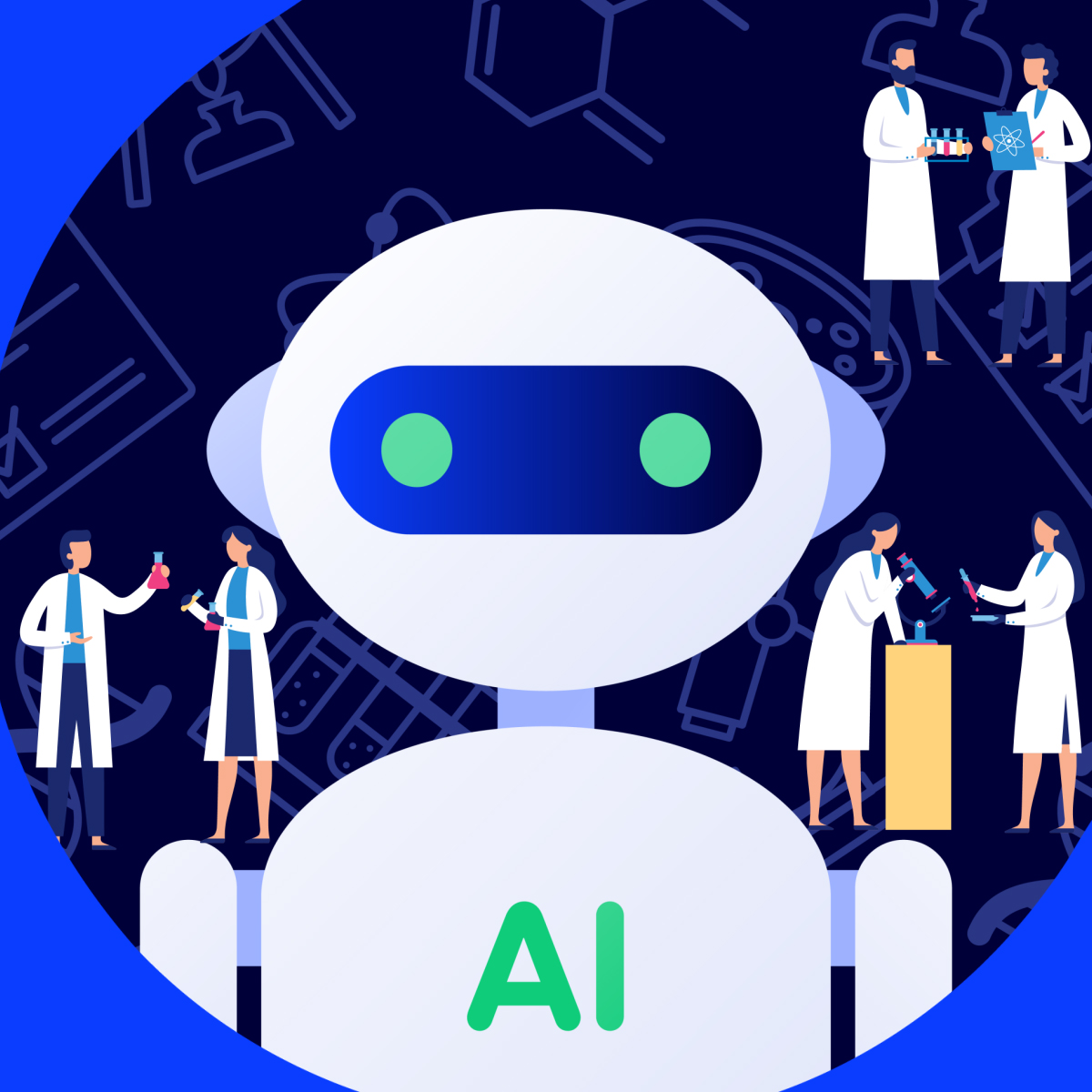
Clinical trials play a crucial role in advancing medical research and bringing innovative treatments to patients. However, the success of clinical trials relies heavily on efficient patient selection and accurate prediction of clinical endpoints. In recent years, the integration of GPT (Generative Pre-trained Transformer) technology has emerged as a game-changer in optimizing clinical trials. By leveraging the power of natural language processing and machine learning, GPT enables significant improvements in patient selection and endpoint prediction, ultimately accelerating the drug development process and improving patient outcomes.
1. Enhancing Patient Selection with GPT
GPT has the ability to analyze vast amounts of clinical and demographic data to identify specific patient characteristics and inclusion/exclusion criteria. By training GPT models on existing clinical trial data, researchers can uncover hidden patterns and factors that contribute to treatment success or failure. This enables more precise patient selection, ensuring that enrolled participants are more likely to respond positively to the experimental treatment, thus enhancing the overall trial outcome.
2. Predicting Clinical Endpoints with Accuracy
Accurate prediction of clinical endpoints is crucial for assessing treatment efficacy and safety. GPT models can analyze diverse data sources, including medical literature, electronic health records, and real-world evidence, to predict treatment outcomes and identify potential adverse events. By considering a wide range of variables and utilizing advanced machine learning algorithms, GPT can provide valuable insights and improve the accuracy of endpoint predictions. This enables researchers to make informed decisions during clinical trial design and monitoring, leading to more efficient and successful trials.
3. Streamlining Trial Design and Optimization
GPT technology also streamlines trial design and optimization processes. By generating synthetic patient data based on existing clinical trial data, GPT can simulate different scenarios and assess the impact of various trial parameters, such as sample size, treatment duration, and dosing regimens. This allows researchers to optimize trial protocols, reduce costs, and improve overall trial efficiency. GPT-powered simulations enable researchers to make data-driven decisions, reducing the risk of trial failure and increasing the chances of successful outcomes.
4. Ethical Considerations and Data Privacy
While GPT offers significant benefits in clinical trial optimization, it is important to address ethical considerations and data privacy. Researchers must ensure that patient data used to train GPT models are de-identified and comply with strict privacy regulations. Transparency in data usage and consent processes is essential to maintain trust and protect patient confidentiality.
5. Future Implications and Potential Challenges
The integration of GPT technology in clinical trial optimization has immense potential for transforming the drug development landscape. However, challenges such as model interpretability, bias mitigation, and generalizability of findings must be addressed. Ongoing research and collaboration between AI experts, clinicians, and regulatory authorities are necessary to overcome these challenges and fully unlock the benefits of GPT in clinical trials.
In conclusion, GPT-enabled clinical trial optimization holds tremendous promise in improving patient selection and endpoint prediction. By leveraging the power of GPT technology, researchers can enhance trial efficiency, accelerate drug development, and bring innovative treatments to patients more effectively. As advancements in AI continue, the integration of GPT in clinical trials will play a pivotal role in shaping the future of healthcare and improving patient outcomes.
